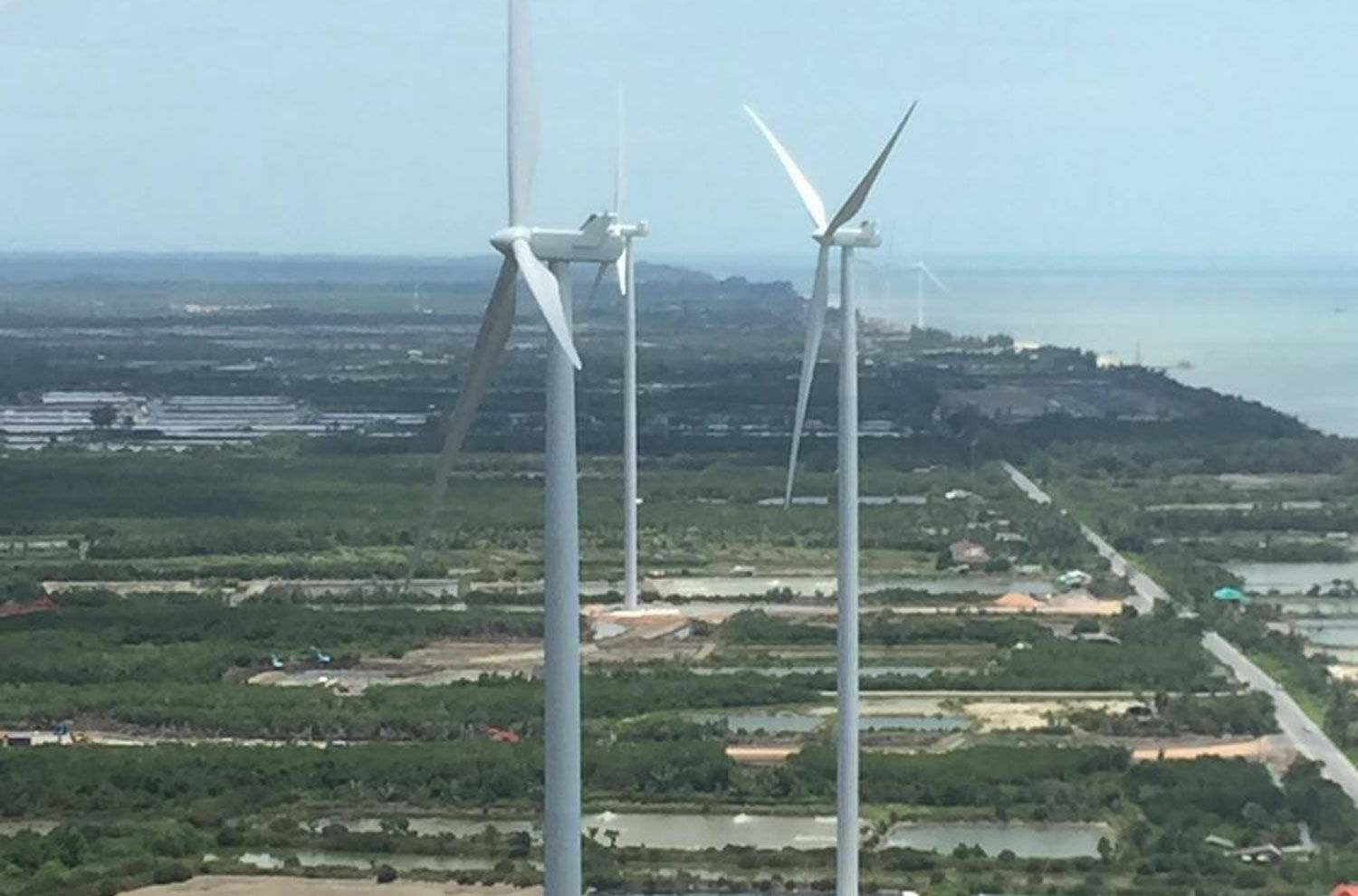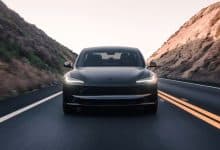EA plans expansion in renewable power and EV sector

Renewable energy and electric vehicle (EV) developer, Energy Absolute Plc (EA), is set to expand its power business. The decision comes after a pause in the introduction of new projects since 2019. Currently, the firm’s wind and solar farms generate a capacity of 664 megawatts.
The company’s CEO, Somphote Ahunai, noted in a 2020 interview that EA diversified into EV-related businesses when the government-granted feed-in tariff for renewable power operators turned out to be lower than anticipated. This tariff was intended to promote the use of clean energy.
EA Executive Vice-President Vasu Klomkliang stated that the company sees new potential for revenue in renewable energy development. In a bid to capitalise on this opportunity, EA will collaborate with a Chinese company on a new project, the specifics of which will be finalised by mid-year.
Vasu also stated that the company’s focus will be on the development of rooftop solar power, solar farms, and waste-to-energy businesses. The company’s EV battery production facility is well-suited to support the solar power business, as the factory can produce stationary batteries for use with solar panels.
“We expect the government’s new national alternative energy development plan to promote more development of solar farms with energy storage systems. This will be a business opportunity for our battery factory.”
In the waste-to-energy sector, EA has already secured a solid waste management project in the Ko Lan area of Chon Buri and a 9.9MW waste-fired power plant project in Phuket.
Furthermore, the company plans to participate in a new round of auctions for power projects under the second phase of the state renewable scheme. This scheme has a capacity of 3.6 gigawatts.
By 2024, EA anticipates its revenue to increase by 5 to 10%, from the 27.5 billion baht (US$ 771 million) it earned last year. Despite expecting to lose 4 billion baht (US$ 112 million) in revenue due to the expiry of the adder tariff given to some of its renewable power generation facilities, EA believes the loss will be offset by new purchase orders of electric buses and trucks assembled by the company.
In the previous year, renewable energy constituted 40% of EA’s total revenue. Of the rest, 37% came from EVs and batteries, 16% from biodiesel, and the remaining from other ventures, including investments in other companies, reported Bangkok Post.
The company projects that revenue from EVs and batteries will rise to constitute 50% of the total in the coming years.
Latest Thailand News
Follow The Thaiger on Google News:


























